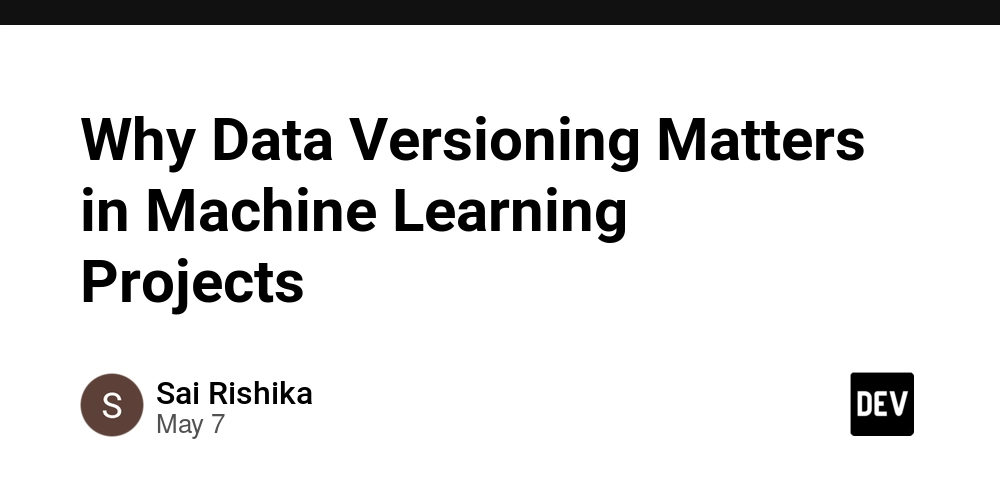How to Start with Database Migrations
If you're adjusting your schema or moving platforms, you're doing database migration. Whether small or large, migrations help keep your app in sync with changing requirements. This post gives you practical examples and a walkthrough of tools that simplify the process. How to Handle Migrations as a Developer 1.Schema Migration Change structure to support new features. Example: ALTER TABLE users ADD COLUMN last_login TIMESTAMP; Use tools like Flyway or Django ORM to track these in code. 2.Data Migration Needed when changing storage engines, consolidating databases, or upgrading versions. Example: INSERT INTO new_customers SELECT * FROM legacy_customers; Run these in batches or use a managed service for large datasets. Advanced Patterns Add indexes for speed Create constraints for safety Normalize tables for better structure Example: CREATE INDEX idx_user_email ON users(email); Migration Tools for Developers Flyway: Write raw SQL, versioned Liquibase: Use XML/JSON changelogs Django: Auto-migrations with Python models AWS/GCP DMS: Ideal for cloud-native migrations FAQ What’s a database migration? Updating your schema, moving data, or shifting databases entirely. How do I plan one? Define scope, create backups, test in staging, automate changes. Do I need a migration tool? Not for every change, but yes for version control, rollback, and CI/CD pipelines. What's the risk? Loss of data integrity, broken constraints, or downtime. Avoid with dry runs and monitoring. Conclusion Migrations are part of growing your application the right way. Whether adjusting models or moving cloud platforms, a structured approach with the right tools keeps your data safe. Want to discover more about data migration? Check out the introduction to Database Migration: A Beginner's Guide.
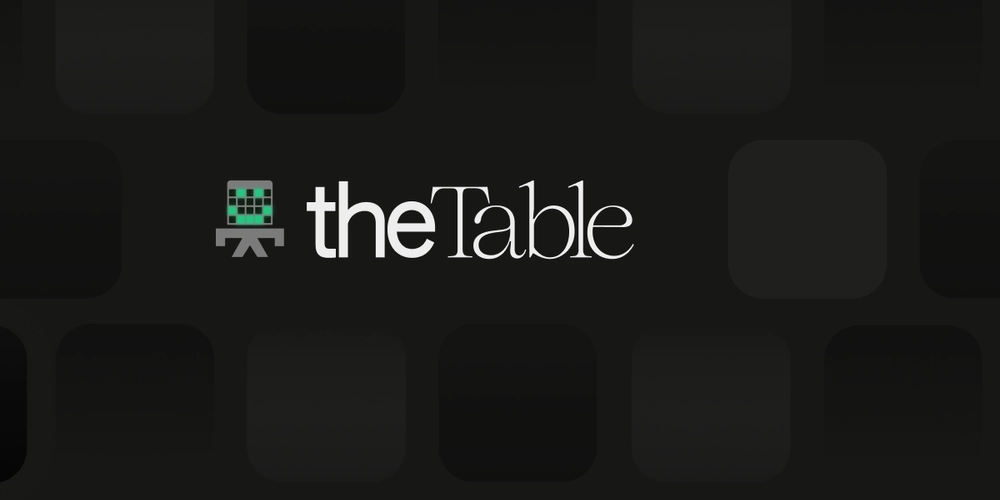
If you're adjusting your schema or moving platforms, you're doing database migration. Whether small or large, migrations help keep your app in sync with changing requirements. This post gives you practical examples and a walkthrough of tools that simplify the process.
How to Handle Migrations as a Developer
1.Schema Migration
Change structure to support new features.
Example:
ALTER TABLE users ADD COLUMN last_login TIMESTAMP;
Use tools like Flyway or Django ORM to track these in code.
2.Data Migration
Needed when changing storage engines, consolidating databases, or upgrading versions.
Example:
INSERT INTO new_customers SELECT * FROM legacy_customers;
Run these in batches or use a managed service for large datasets.
Advanced Patterns
- Add indexes for speed
- Create constraints for safety
- Normalize tables for better structure
Example:
CREATE INDEX idx_user_email ON users(email);
Migration Tools for Developers
- Flyway: Write raw SQL, versioned
- Liquibase: Use XML/JSON changelogs
- Django: Auto-migrations with Python models
- AWS/GCP DMS: Ideal for cloud-native migrations
FAQ
What’s a database migration?
Updating your schema, moving data, or shifting databases entirely.
How do I plan one?
Define scope, create backups, test in staging, automate changes.
Do I need a migration tool?
Not for every change, but yes for version control, rollback, and CI/CD pipelines.
What's the risk?
Loss of data integrity, broken constraints, or downtime. Avoid with dry runs and monitoring.
Conclusion
Migrations are part of growing your application the right way. Whether adjusting models or moving cloud platforms, a structured approach with the right tools keeps your data safe. Want to discover more about data migration? Check out the introduction to Database Migration: A Beginner's Guide.









































































































































































![[The AI Show Episode 146]: Rise of “AI-First” Companies, AI Job Disruption, GPT-4o Update Gets Rolled Back, How Big Consulting Firms Use AI, and Meta AI App](https://www.marketingaiinstitute.com/hubfs/ep%20146%20cover.png)


























































































































![[DEALS] The Premium Python Programming PCEP Certification Prep Bundle (67% off) & Other Deals Up To 98% Off – Offers End Soon!](https://www.javacodegeeks.com/wp-content/uploads/2012/12/jcg-logo.jpg)













































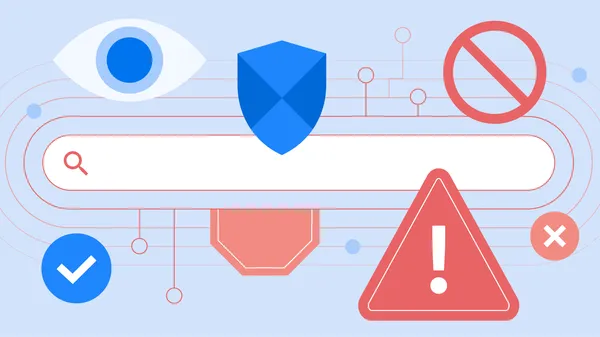
































































































_Aleksey_Funtap_Alamy.jpg?width=1280&auto=webp&quality=80&disable=upscale#)
_Sergey_Tarasov_Alamy.jpg?width=1280&auto=webp&quality=80&disable=upscale#)















































































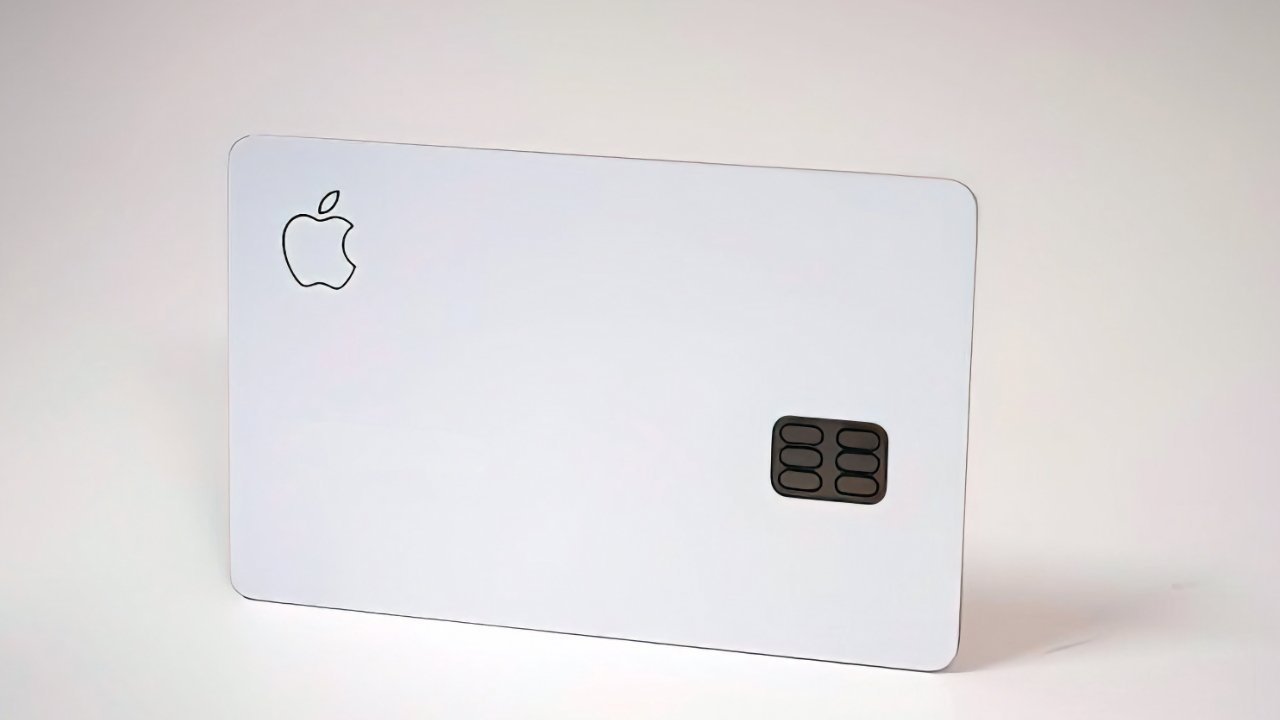




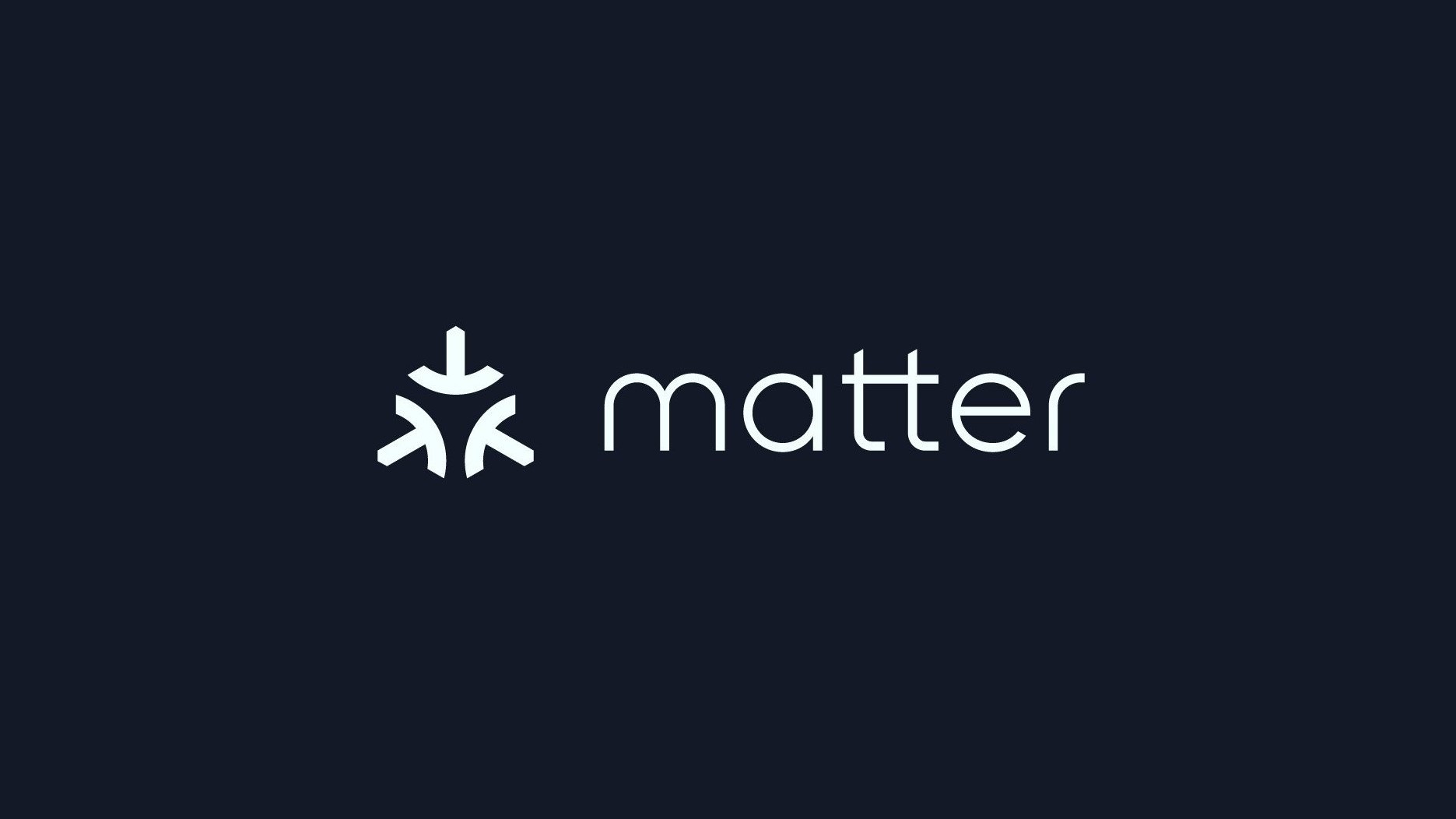






















![Apple Foldable iPhone to Feature New Display Tech, 19% Thinner Panel [Rumor]](https://www.iclarified.com/images/news/97271/97271/97271-640.jpg)
![Apple Developing New Chips for Smart Glasses, Macs, AI Servers [Report]](https://www.iclarified.com/images/news/97269/97269/97269-640.jpg)
![Apple Shares New Mother's Day Ad: 'A Gift for Mom' [Video]](https://www.iclarified.com/images/news/97267/97267/97267-640.jpg)
![Apple Shares Official Trailer for 'Stick' Starring Owen Wilson [Video]](https://www.iclarified.com/images/news/97264/97264/97264-640.jpg)





































































































